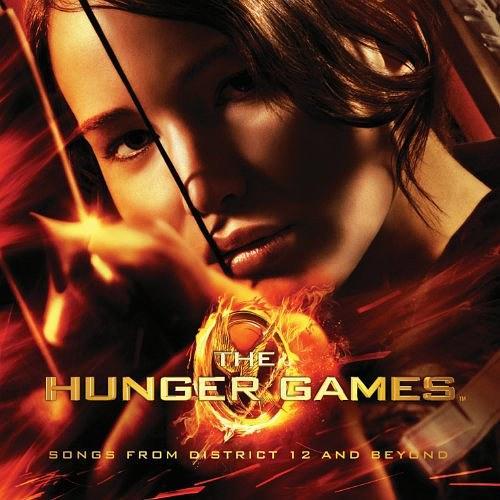Understanding the Real-Life Implications of “The Hunger Games”
“The Hunger Games” is a fictional dystopian series by Suzanne Collins, but its themes and concepts have resonated deeply with real-life situations. This article delves into the various dimensions of how the series reflects real-life issues, from social commentary to political parallels.
Social Commentary on Power and Control
In “The Hunger Games,” the Capitol exercises absolute control over the districts, using fear and oppression to maintain its dominance. This mirrors real-life scenarios where power is concentrated in the hands of a few, leading to social unrest and inequality. For instance, the Occupy movement in the late 2010s highlighted the growing wealth gap and corporate influence over politics, echoing the Capitol’s control over the districts.

Political Parallels in Modern Governance
The Capitol’s use of the Hunger Games as a form of entertainment and punishment is reminiscent of the gladiatorial games in ancient Rome. Similarly, modern-day reality TV shows often exploit individuals for entertainment, blurring the line between reality and spectacle. Moreover, the Capitol’s use of fear to maintain control echoes the real-life tactics employed by authoritarian regimes to suppress dissent.
Economic Inequality and Resource Distribution
The districts in “The Hunger Games” are characterized by stark economic disparities, with the Capitol enjoying wealth and luxury while the districts suffer from poverty and scarcity. This reflects real-life economic inequalities, where a small percentage of the population holds a disproportionate amount of wealth. The Occupy movement, again, serves as an example, highlighting the need for a more equitable distribution of resources.
The Role of Media in Shaping Public Opinion
The Capitol in “The Hunger Games” controls the media, using it to manipulate public opinion and maintain its power. This is a common tactic used by governments and corporations to shape public perception. For instance, the media’s portrayal of certain events or individuals can influence public opinion, much like the Capitol’s control over the media in the series.
The Power of Resistance and Rebellion
The districts’ resistance against the Capitol is a central theme in “The Hunger Games.” This reflects the power of collective action and the importance of standing up against injustice. Real-life movements, such as the Arab Spring and the Black Lives Matter movement, demonstrate the power of people coming together to fight for change.

The Impact of Technology on Surveillance and Control
The Capitol in “The Hunger Games” uses advanced technology to monitor and control the districts. This is a chilling reminder of how technology can be used to infringe on privacy and freedom. Real-life examples include the use of drones for surveillance and the collection of personal data by governments and corporations.
The Importance of Education and Empowerment
The series emphasizes the importance of education and empowerment in the fight against oppression. Katniss, the protagonist, is a symbol of resilience and the power of knowledge. In real life, education is a key factor in empowering individuals to challenge the status quo and fight for their rights.
Table: Real-Life Movements and “The Hunger Games” Themes
| Real-Life Movement | “The Hunger Games” Theme |
|---|---|
| Occupy movement | Economic inequality and corporate influence |
| Arab Spring | Collective action and resistance against oppression |
| Black Lives Matter | Standing up against systemic racism and injustice |
| Occupy Wall Street | Corporate influence and wealth distribution |
Conclusion
“The Hunger Games” may be a fictional series, but its themes and concepts have deep real-life implications. From social commentary on power and control to political parallels and economic inequalities, the series serves as a powerful reminder of the importance of standing up against injustice and fighting for a better world.
